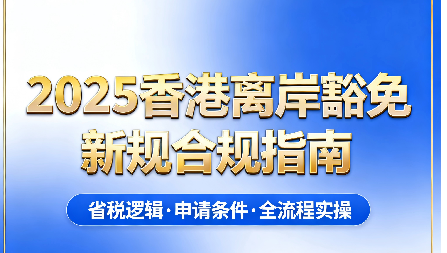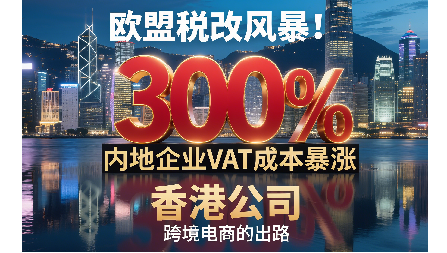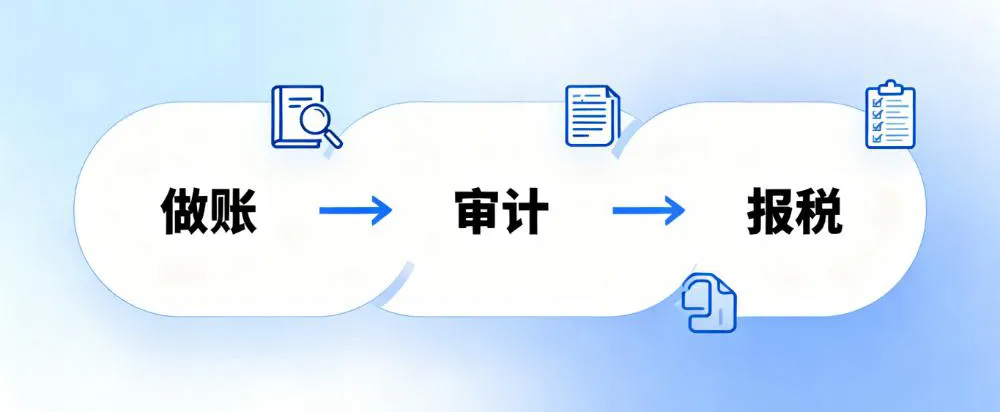2025 Hong Kong Offshore Exemption New Regulations Compliance Guide: Tax-saving Logic, Application Requirements and Full Process Practical Operations
I. Policy Framework and Implementation Timeline
Disclosure Scope:
-
Main Board Listed Companies: Disclose climate-related information in accordance with the International Sustainability Standards Board (ISSB) Standards starting from January 1, 2025;
-
Constituents of the Hang Seng Composite LargeCap Index: Mandatory disclosure shall be implemented by January 2026.
Core Content:
-
Governance: The board of directors shall clarify responsibilities for climate risk management;
-
Strategy: Set greenhouse gas emission reduction targets (e.g., carbon neutrality by 2030);
-
Metrics: Disclose Scope 1-3 carbon emission data (Scope 3 includes supply chain emissions).
II. Current Status and Challenges of Enterprises
Weak Data Foundation:
A PwC survey shows that in the 2023 fiscal year, the disclosure rate of climate risk management in ESG reports of Hong Kong-listed companies was only 77%, and 31% of enterprises did not disclose Scope 3 emission data. A manufacturing enterprise, due to the lack of supply chain carbon emission data, was forced to hire a third-party institution for assessment, resulting in an additional expenditure of HKD 150,000.
Rising Audit Costs:
AI audit systems can automatically identify tax risk points, but the verification fees of professional institutions have increased by 30%. For example, the verification fee for the ESG report of a listed company rose from HKD 80,000 to HKD 104,000.
Impact on Financing:
Banks including HSBC and Standard Chartered have incorporated ESG ratings into their loan approval criteria. A technology company, due to insufficient ESG scores, faces a loan interest rate that is 0.5 percentage points higher than that of its peers.
III. Response Strategies and Tools
Data Management System:
-
Adopt "carbon footprint management software" (e.g., SaaS platform Enablon) to track data such as energy consumption and logistics emissions in real time;
-
Sign ESG agreements with suppliers, requiring them to provide carbon emission data, otherwise terminate cooperation.
Third-Party Support:
-
Hire ESG consultants (e.g., PwC) to formulate disclosure strategies, with fees ranging from approximately HKD 50,000 to HKD 100,000;
-
Join the "Hong Kong Green Finance Association" to obtain industry benchmark data and policy interpretations.
Financing Optimization:
Issuing green bonds can enjoy interest rate preferences. In 2024, the average interest rate of Hong Kong green bonds was 0.3 percentage points lower than that of ordinary bonds, and a new energy enterprise saved HKD 2 million in interest expenses accordingly.
IV. Future Trends and Expert Opinions
Hong Kong's Financial Services and the Treasury Bureau plans to incorporate the ISSB Standards into local regulations by 2028, requiring all large public interest entities to mandatorily disclose ESG information. Li Minbin advised enterprises: "Integrate ESG into business models, for example, reduce costs through green supply chains while enhancing brand value."
Some information is sourced from China News Service. If there is any infringement, please contact the administrator for deletion.









